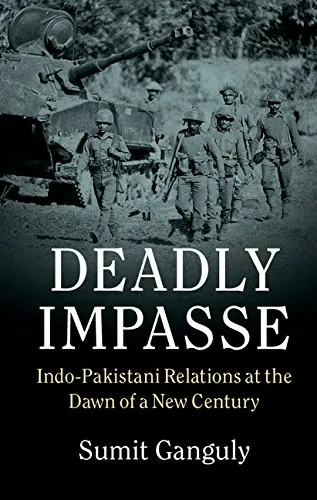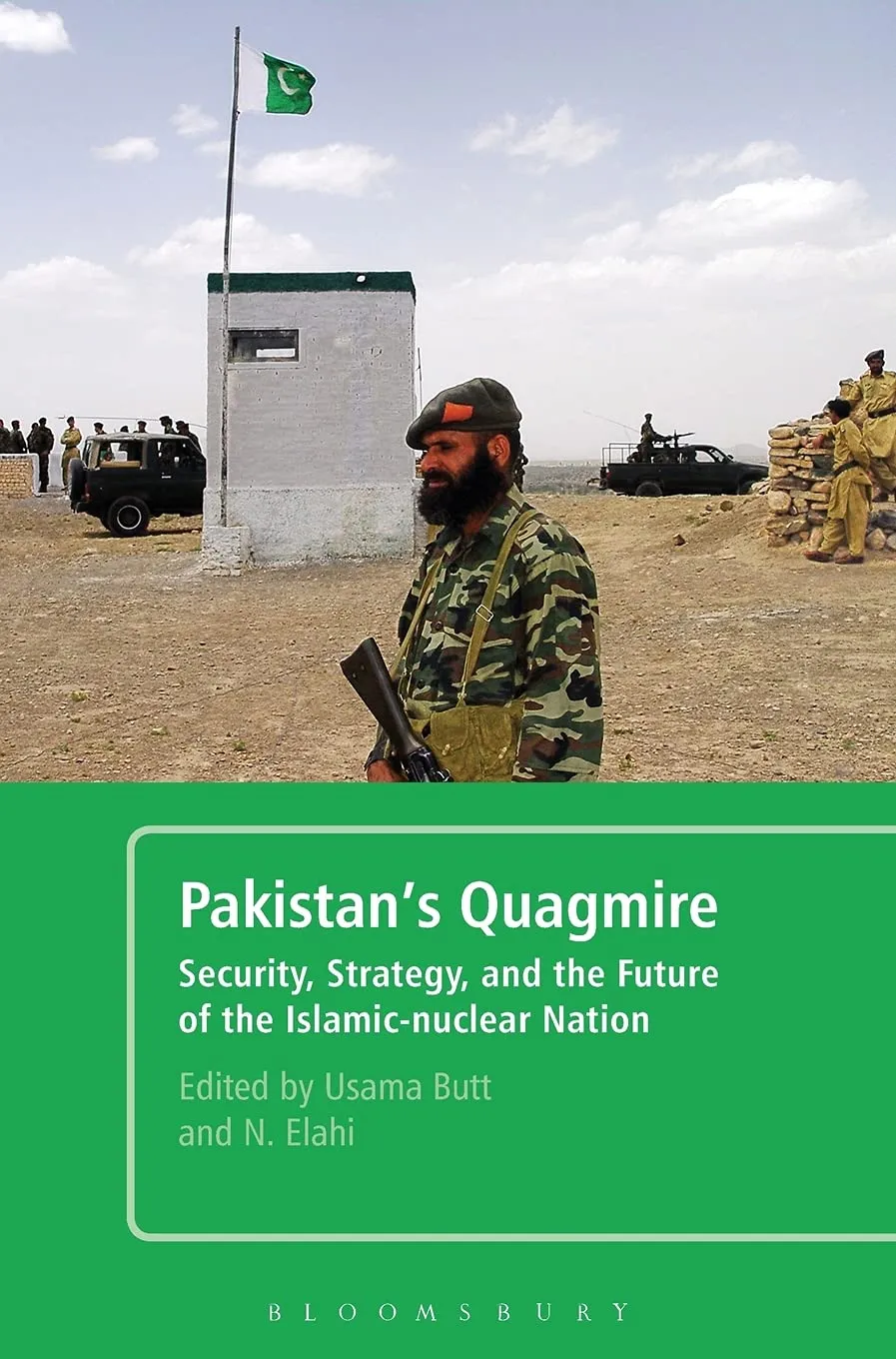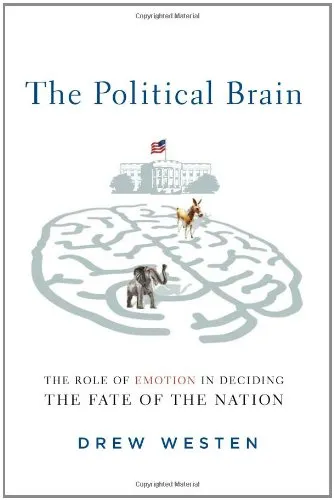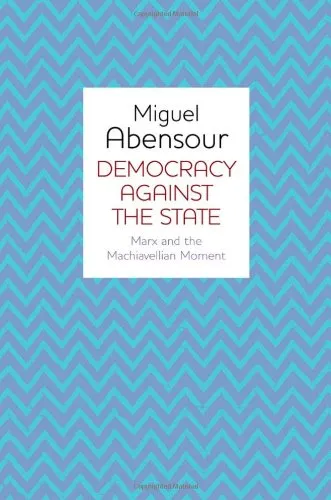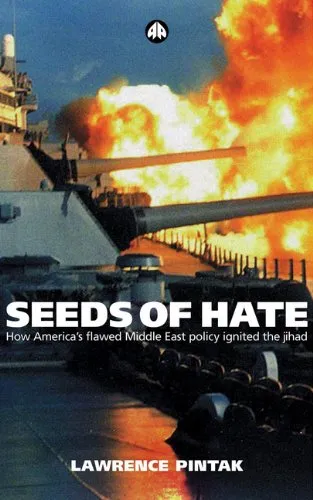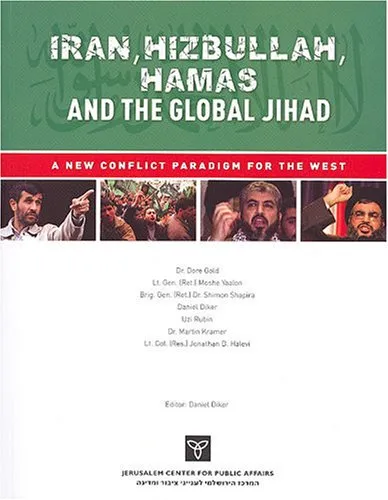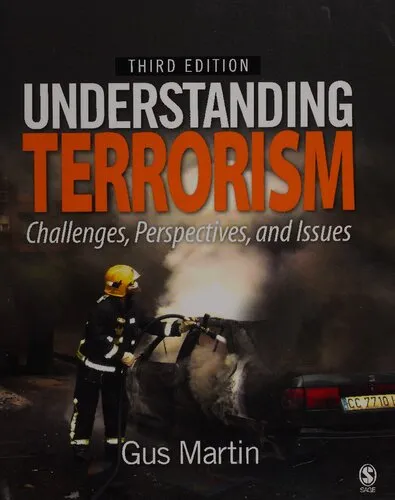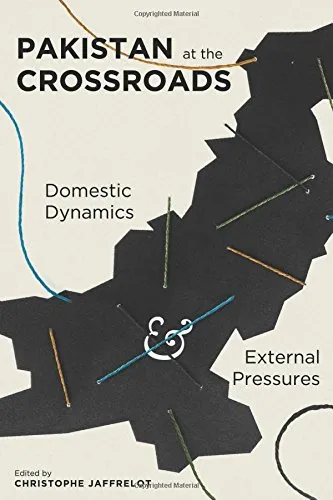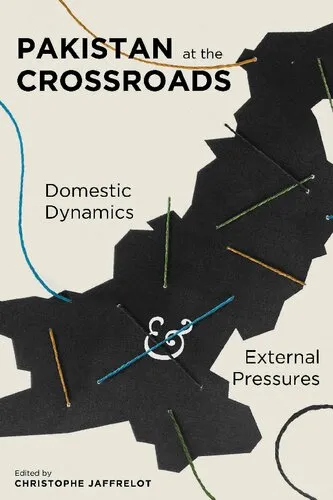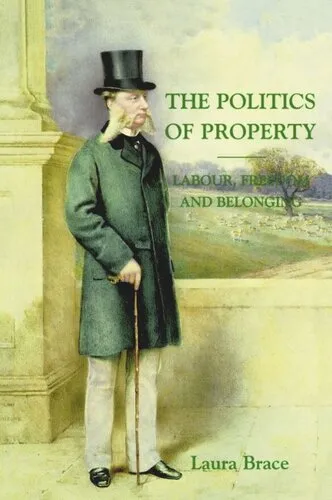Deadly Impasse: Indo-Pakistani Relations at the Dawn of a New Century
4.5
بر اساس نظر کاربران

شما میتونید سوالاتتون در باره کتاب رو از هوش مصنوعیش بعد از ورود بپرسید
هر دانلود یا پرسش از هوش مصنوعی 2 امتیاز لازم دارد، برای بدست آوردن امتیاز رایگان، به صفحه ی راهنمای امتیازات سر بزنید و یک سری کار ارزشمند انجام بدینکتاب های مرتبط:
معرفی جامع کتاب 'Deadly Impasse: Indo-Pakistani Relations at the Dawn of a New Century'
کتاب Deadly Impasse: Indo-Pakistani Relations at the Dawn of a New Century نوشته من، سومیت گنگولی، یکی از معتبرترین منابع برای درک روابط پیچیده و پرتنش میان دو کشور هند و پاکستان است. در این کتاب، من تلاش کردهام تا با استفاده از تحلیلهای عمیق، اسناد تاریخی، و رویکرد جامعنگر، چالشهای متعدد و عوامل تاثیرگذار در روابط بین این دو همسایه هستهای را بررسی کنم. این کتاب نگاهی به شش دهه تعاملات دو کشور دارد و بهویژه بر مسائل قرن بیست و یکم متمرکز است.
خلاصهای جامع از کتاب
این کتاب از چند بخش کلیدی تشکیل شده است که هریک جنبه خاصی از روابط هند و پاکستان را مورد بررسی قرار میدهد. من در ابتدا به شکلگیری اختلافات اولیه پس از استقلال هند و پاکستان در سال 1947 پرداختم. فصلهای ابتدایی تاکید بر پیامدهای Partition و جنگهای نظامی گذشته دارد، بهویژه جنگهای 1947، 1965، 1971 و 1999 جنگ Kargil.
سپس به تهدیدهای امنیتی در قرن بیست و یکم میپردازم، بهویژه نقش تروریسم، حوادث Mumbai attacks سال 2008، و معاهدات صلح ناکام. در ادامه، موضوعات مرتبط با Kashmir و نقش آن در تقابلهای بیپایان هند-پاکستان مورد تحلیل دقیق قرار میگیرد. فصلهای پایانی کتاب تمرکز بیشتری به تاثیر رقابت تسلیحات هستهای، روندهای دیپلماتیک ناکام، و معدود موفقیتهای همکاری دوطرفه دارد.
نکات کلیدی کتاب
- تحلیل مراحل تاریخی اختلافات هند و پاکستان و تاثیر Partition.
- بررسی دقیق موضوع کشمیر بهعنوان عامل محوری اختلافات.
- نقش تروریسم و حوادث مشهور مانند حملات Mumbai attacks در تیره کردن روابط.
- اهمیت رقابت تسلیحاتی و تاثیر دکترینهای استراتژیک هستهای در منطقه.
- بررسی تلاشهای دیپلماتیک و عوامل شکست دیپلماسی میان دو طرف.
جملات مشهور از کتاب
"The Partition of British India was not merely a political stroke; it was the genesis of enduring bitterness and multiple wars, making India and Pakistan’s relations a complex conundrum for global politics."
"Until Pakistan redefines its national identity beyond Kashmir, and until India realizes the stakes of permanent hostility, a deadly impasse shall persist."
اهمیت این کتاب
اهمیت این کتاب در تحلیل سیستماتیک و جامع آن نهفته است. در برابر سادهانگاریهایی که غالباً در تحلیلهای رسانهای دیده میشود، Deadly Impasse یک رویکرد علمی و مستند ارائه میدهد. تمامی پژوهشها و دادههای موجود در کتاب مبتنی بر منابع معتبر تاریخی، استراتژیک و امنیتی است. این کتاب برای علاقهمندان به سیاست بینالملل، مطالعات استراتژیک و مسائل مربوط به جنوب آسیا، مرجعی بیبدیل بهشمار میرود.
افزون بر این، در دوران کنونی که تضادهای منطقهای افزایش یافته است، خواندن و درک دلایل و پیامدهای این تضادها ضروریتر از همیشه بهنظر میرسد. این کتاب نهتنها تاریخچهای از گذشته ارائه میدهد، بلکه به مخاطبان خود کمک میکند تا آینده روابط این دو کشور را بهتر درک کنند.
Deadly Impasse: Indo-Pakistani Relations at the Dawn of a New Century
"Deadly Impasse: Indo-Pakistani Relations at the Dawn of a New Century" is a meticulously researched analysis of one of the most fraught and enduring conflicts in modern international relations. Written by Sumit Ganguly, a renowned scholar of South Asian politics, this book delves into the deeply rooted tensions between India and Pakistan, traces the trajectory of their volatile relationship, and examines the policies and strategies that have shaped their interactions since the dawn of the 21st century.
In this book, I attempt to dissect the historical, ideological, and geopolitical factors that have perpetuated hostilities between the two nuclear powers. I discuss how contentious issues like the Kashmir conflict, the rise of terrorism, and divergent national ideologies have trapped both nations in a seemingly unending cycle of hostility and mistrust. With an eye toward the broader implications for regional stability and global security, "Deadly Impasse" critically evaluates the possibilities for peace, cooperation, and the obstacles both countries face in overcoming the burdens of history.
Detailed Summary of the Book
The book begins by providing a comprehensive historical background to Indo-Pakistani relations, highlighting the partition of British India in 1947 as the pivotal event that gave rise to the enduring rivalry between the two nations. It explores how the creation of Pakistan as a homeland for Muslims and the secular and democratic ideals of India set the two states on vastly different ideological paths. This soon culminated in disputes over territorial claims, most notably in Kashmir, which remains the epicenter of conflict even today.
Moving beyond history, I focus on the post-Kargil era, charting events such as the 2001 Indian Parliament attack, the 2008 Mumbai attacks, and more recent skirmishes along the Line of Control (LoC). I evaluate the policies of key political figures in both countries, including Atal Bihari Vajpayee, Pervez Musharraf, Narendra Modi, and Imran Khan, and assess how their leadership styles have influenced attempts at dialogue and conflict escalation.
A significant portion of the book examines how global and regional dynamics, such as the U.S. role in South Asia, China's growing influence, and the war on terror, have added complexity to Indo-Pakistani relations. I argue that while both India and Pakistan share responsibility for the impasse, specific institutional dynamics—such as Pakistan’s military dominance and India’s rising nationalist sentiment—have exacerbated tensions.
Key Takeaways
- The roots of the conflict are multidimensional, encompassing historical grievances, ideological differences, and national security concerns.
- The Kashmir issue remains central, but it is not the sole driver of Indo-Pakistani hostilities.
- Both countries have invested heavily in military strategies, often at the cost of economic and social development.
- Global actors, including the United States and China, play a significant role in shaping the trajectory of this bilateral relationship.
- Prospects for peace exist but are hindered by domestic political constraints, terrorism, and historical mistrust.
Famous Quotes from the Book
“The partition of 1947 did not merely divide territory; it shattered the shared cultural and social fabric of South Asia, creating an irreconcilable divide that continues to haunt the subcontinent.”
“For true peace to emerge, the leadership in both countries must abandon the politics of blame and embrace the politics of compromise.”
“History is not destiny; nations can choose to break away from the shackles of the past. But that requires courage and vision—a rarity in both New Delhi and Islamabad.”
Why This Book Matters
"Deadly Impasse" stands out as a crucial contribution to our understanding of South Asian geopolitics and the intricate web of factors that sustain one of the world's most dangerous bilateral rivalries. By combining historical depth, theoretical insights, and policy recommendations, it offers a balanced yet critical perspective on both Indian and Pakistani strategies.
This book is particularly relevant for policymakers, scholars, and students of international relations who seek an in-depth understanding of the Indo-Pakistani conflict. Furthermore, it provides the general reader with a clear and engaging narrative of how two nations, born from the same colonial heritage, have become each other's greatest adversaries.
At a time when nuclear tensions and cross-border violence continue to threaten South Asia, "Deadly Impasse" serves as a timely reminder of the need for diplomatic engagement, rational policymaking, and the pursuit of long-term peace for the benefit of over a billion people in the region.
دانلود رایگان مستقیم
شما میتونید سوالاتتون در باره کتاب رو از هوش مصنوعیش بعد از ورود بپرسید
دسترسی به کتابها از طریق پلتفرمهای قانونی و کتابخانههای عمومی نه تنها از حقوق نویسندگان و ناشران حمایت میکند، بلکه به پایداری فرهنگ کتابخوانی نیز کمک میرساند. پیش از دانلود، لحظهای به بررسی این گزینهها فکر کنید.
این کتاب رو در پلتفرم های دیگه ببینید
WorldCat به شما کمک میکنه تا کتاب ها رو در کتابخانه های سراسر دنیا پیدا کنید
امتیازها، نظرات تخصصی و صحبت ها درباره کتاب را در Goodreads ببینید
کتابهای کمیاب یا دست دوم را در AbeBooks پیدا کنید و بخرید
1472
بازدید4.5
امتیاز0
نظر98%
رضایتنظرات:
4.5
بر اساس 0 نظر کاربران
Questions & Answers
Ask questions about this book or help others by answering
No questions yet. Be the first to ask!
